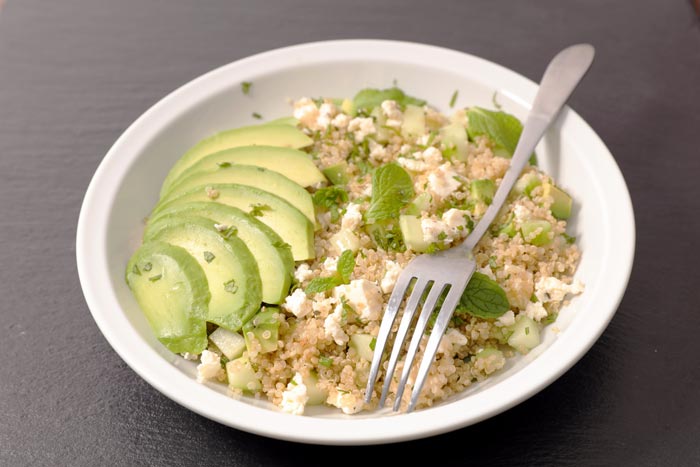The consultation had been going well. The FLUTD was cured – at least for the moment – and the cat was safely back in its box, presumably experiencing the strange sensation of being relieved to find itself in a carrier.
As I wrote the notes, my conversation with the owner – a large, middle-aged woman with a ruddy face – had turned towards previous vets she had visited. It turned out she used to live in the town where I had held a previous job, although she lived there long before I had started work, and had gone to a different practice.
“Oh, yes, really lovely place,” the woman remarked about the vets she used to go to. “Very friendly, very professional.” She picked up the cat carrier.
“The bloody problem was,” she added, her face pinching with distaste, “that it was absolutely overrun with dykes.”
My hands stopped, hovering over the keyboard, as I tried to work out if she had said what I thought she had said.
The woman leaned in conspiratorially as I looked at her. “Riddled with them. Bloody dykes. Can’t bear ‘em.” She shook her head, and rolled her eyes, as if the presence of lesbians was something similar to a rat infestation.

Running into trouble
This situation is where my consultation style runs into serious trouble – my manner in the consulting room is entirely based on the fact people find it stressful and worrying to come to see a vet, and it is my job to reassure them.
I can’t always reassure them everything is going to be okay, but I can reassure them I will do my very best for them, and, if the worst happens, I will be with them then, too. It means my manner is caring, and approachable, and I’m prepared to listen. I suspect I come across rather like a vicar, with a stethoscope instead of a crucifix.
So, what happens when my approachable, listening style is confronted with a belief or statement I personally find absolutely abhorrent?
Options
When that statement is about animals, animal abuse, or my opinions on welfare, I find it easier – I am used to explaining my views on this, calmly, but strongly. If I am concerned animal abuse is actually occurring (you can see my previous thoughts about this topic) then I have many options.
Additionally, I am expected (quite rightly) to care about animals. It’s hardly a surprise to a client to discover I am passionate about animal welfare and it’s rarely a shock for people to discover I’m a vegetarian.
But what about views outside of the job description? What about views that have nothing to do with my position as a veterinarian, but are, nevertheless, disgusting to me as a person? What do I do, as a person whose primary purpose when consulting is to make the client feel at ease, when I am confronted with a client who says something that disgusts me?
Although the topic doesn’t often come up when looking at someone’s pet, the example above is not the only example of homophobia I have ever been confronted with. Racism, both casual and, for want of a better term, full-time, are more common, and I have had occasional interesting opinions on Brexit espoused to me more recently.
Feelings churn within
It’s a tricky one, and I am not good at handling it. My urge to state my own liberal beliefs, and my utter distaste for homophobia or racism, clashes with my desire to keep the client on my side, and, as these feelings churn within me, I am also horrified someone would hold such beliefs casually enough they don’t think there’s anything controversial about expressing them to someone they don’t really know. I’m also simultaneously offended they think I look like the sort of person who is going to agree with such despicable opinions.
There is, of course, a difference between what I do and what I believe I should do. As with the consultation above, what I generally do is not acknowledge the statement at all, and change the subject rapidly back to the pet, cutting short any further non-veterinary chat and hoping my refusal to engage with them is taken as tacit condemnation of their views. Hoping.
If you’re reading this sighing, and shaking your head, and thinking that I’m weak, then please understand I agree with you. My reaction couldn’t be any more stereotypically white middle-class angsty liberal, unless I was also eating a Waitrose quinoa, avocado and halloumi salad. Is it my job to be getting involved? Or should I just concentrate on getting pets better?

No vet is an island
I know the answer, deep in my cowardly heart. No vet is an island. I’m part of society, and, the way society seems to be going, it seems like it could really use some help. I mentioned above I have no problems politely, but forcefully, expressing my views on animal welfare, or other topics that I disagree with, such as homeopathy or raw meat diets, or many other variations on those themes. Why don’t I with racism, homophobia or any other form of prejudice?
Stating your opposition to such views doesn’t necessarily mean getting into an argument, and if I say nothing, I’m not, as I hope, quietly expressing my disapproval. I’m legitimising those beliefs, and I’m making it seem okay they said them out loud. Heaven knows we’ve had enough normalisation of racism and intolerance recently.
Disagreeing doesn’t have to mean an angry, sweary Facebook argument. If my abhorrence of those statements is polite, and not aggressive, but clear, and if every time that person tried to express their intolerance they were met with a similar response, maybe they would start to think about why there might be something unpleasant about what they are saying. If nothing else, they might keep them to themselves, and maybe that’s the best I can hope for nowadays.
Well, I’ve probably spent enough time being angsty over my weakness. Where’s that avocado salad? Please let me know if you disagree (which is likely), and if you think I need to handle these situations differently, let me know.

Leave a Reply